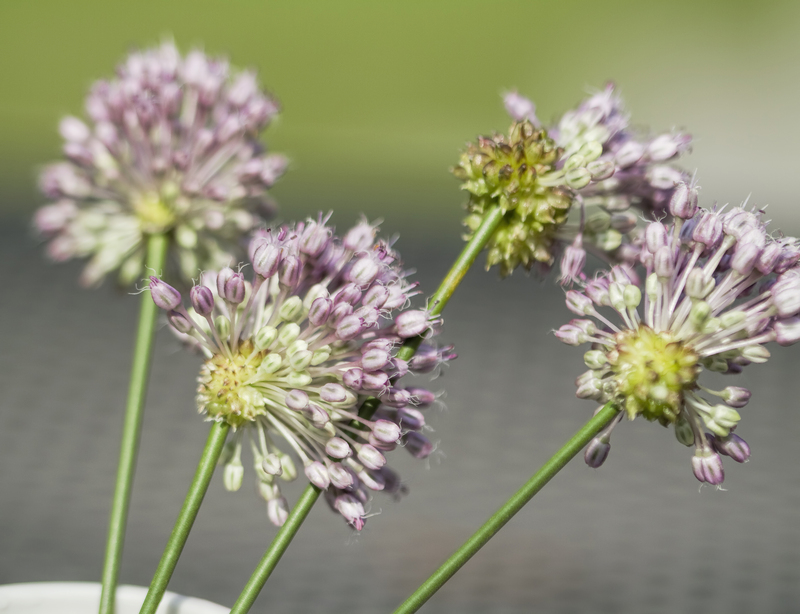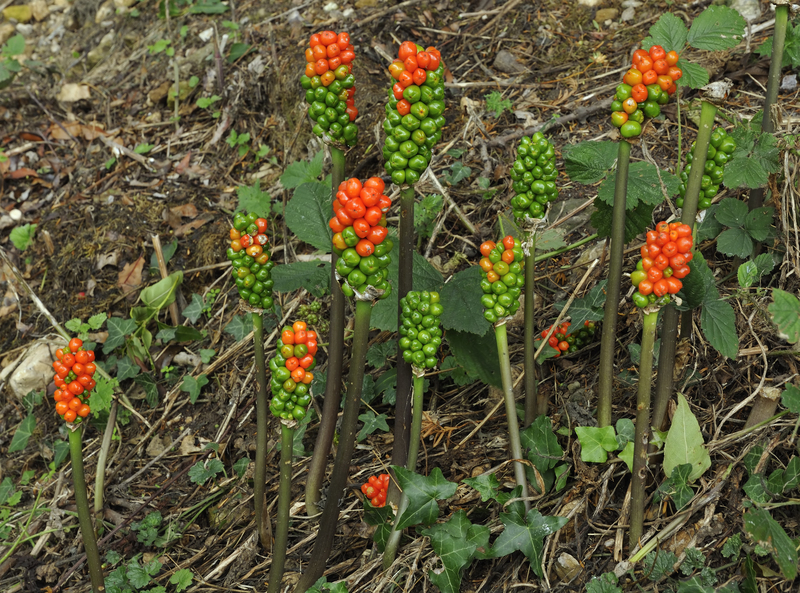Step-by-Step: 9 Crucial Tips for Gardening Beginners
Posted on 16/09/2025
Step-by-Step: 9 Crucial Tips for Gardening Beginners
Starting your own garden can be both thrilling and overwhelming, especially if you have little to no experience. With the right advice, tools, and a pinch of patience, anyone can nurture a flourishing garden. This comprehensive guide is designed to walk gardening novices through the first steps, equipped with key tips for beginners who want to cultivate everything from vegetables to flowers and fruit trees. Follow these nine essential tips and build your confidence as a gardener!
1. Begin with the Right Location
Choosing the perfect spot for your garden is the foundation of gardening success. Your vegetables, herbs, and flowers need the best environment to thrive.
- Observe sunlight patterns: Most plants need at least 6 hours of direct sunlight per day. Spend a few days monitoring how the sun moves across your yard or balcony.
- Consider accessibility: Select a spot that's easy to reach for watering, harvesting, and maintenance. The closer your plants are to your daily routines, the better.
- Check for well-drained soil: Avoid low spots where water might pool after rain; too much moisture can lead to root rot.

2. Select the Right Plants
Not all plants are created equal, and as a beginner, you want to choose varieties that are forgiving and suitable for your climate.
- Research your hardiness zone: Use resources like the USDA Plant Hardiness Zone Map to discover which species best fit your region.
- Consider your available space: Some plants, like zucchini and tomatoes, need ample room, while herbs and lettuces can thrive in compact containers.
- Start simple: Try easy-to-grow plants such as basil, marigolds, cherry tomatoes, or snap peas to build your confidence.
3. Invest in Basic Gardening Tools
High-quality tools make all the difference. As a gardening beginner, you don't need a shed full of high-tech gadgets, but a few well-chosen implements can save time and prevent injury.
- Essential tools include:
- Sturdy trowel (for digging)
- Hand pruners (for trimming and harvesting)
- Watering can or hose
- Gardening gloves (protect your hands!)
- Rake and shovel
Tip: Clean tools after each use to prevent rust and reduce disease spread.
4. Prepare and Enrich the Soil
The secret to a vigorous garden is healthy soil. Taking time to enrich and prepare your planting beds will pay dividends all season long.
- Test your soil: Home test kits are affordable and reveal vital information about pH levels and nutrients.
- Amend as needed: Mix in compost, organic matter, or other soil conditioners to boost fertility and structure.
- Avoid compacting: Never work the soil when it's saturated; overly compacted soil suffocates plant roots.
5. Follow a Planting Calendar
Timing is crucial in gardening. Planting too early or too late can hinder your plants' performance, so stick to a planting schedule based on your area's climate.
- Read seed packets carefully: They provide essential information about when and how deep to sow each variety.
- Know your frost dates: Start seedlings indoors or outdoors after the danger of frost has passed. Check local extension services for average dates.
- Stagger plantings: Sow seeds in small batches every couple of weeks for a continuous harvest.
6. Master Watering Techniques
It's easy to overwater or underwater as a gardening newbie. Here's how to ensure your plants get the moisture they need--no more, no less!
- Best practice: Water deeply and less frequently rather than a shallow spray every day.
- Check soil moisture: Stick your finger an inch into the soil; if it's dry, it's time to water.
- Water early or late: Water in the morning or evening to reduce evaporation and fungal problems.
- Mulch benefits: Applying mulch helps soil retain moisture and blocks weeds.
7. Keep Pests and Diseases in Check
Even small gardens can attract a range of pests and fungal diseases. Learn to spot trouble early and use eco-friendly control methods.
- Regularly inspect plants: Catch problems before they blow up by checking both sides of leaves weekly.
- Encourage beneficial insects: Ladybugs, lacewings, and bees help keep bad bugs under control and enhance pollination.
- Practice crop rotation: Moving crops around each year reduces disease buildup in the soil.
- Remove diseased foliage promptly: Dispose of infected leaves rather than composting them, to prevent the spread of maladies.
- Use organic solutions: Soap sprays, neem oil, or plain hand-picking can effectively combat most garden pests.
8. Practice Consistent Maintenance
Staying on top of simple tasks helps your garden flourish and reduces stress. Cultivating a regular gardening routine is key for beginners.
- Weed regularly: Pull weeds when they're small, before they steal nutrients and water.
- Support tall or vining plants: Use stakes, cages, or trellises to prevent sprawling and breakage.
- Prune as needed: Removing dead or excess growth boosts air circulation and plant health.
- Harvest promptly: Picking fruits and veggies when ripe encourages new growth and deters pests.
9. Track Your Progress and Keep Learning
Even seasoned gardeners encounter surprises each year. By keeping records and seeking new knowledge, gardening beginners accelerate their success.
- Maintain a garden journal: Note planting dates, weather conditions, successes, and setbacks. These details will help you plan next year's garden even better.
- Connect with other gardeners: Join community gardens or online forums to exchange ideas and get support.
- Invest in resources: Borrow books, watch gardening videos, or take local workshops to expand your know-how.
- Celebrate small victories: Every sprout and blossom is a sign of progress--be patient with yourself as you learn.
Extra Gardening Tips for New Gardeners
- Start small: Designing a modest plot or several containers will let you learn without feeling overwhelmed.
- Label your plants: Especially in the early days, it's easy to forget what you've planted where. Simple labels save confusion!
- Don't stress about mistakes: Every gardener loses a plant or two. Each error is a valuable learning opportunity.
- Enjoy the journey: The physical, mental, and emotional benefits of gardening are as rewarding as the harvest itself!

Conclusion: Growing Your Green Thumb
Starting a garden from scratch may seem daunting, but with a practical strategy and a sense of adventure, even a total newcomer can nurture a haven of beauty and bounty. These step-by-step gardening tips for beginners will give you a strong foundation and plenty of inspiration to get growing--whether your dream is a vibrant balcony of potted herbs or a backyard bursting with vegetables.
Remember: Every gardener was once a beginner. With patience, practice, and these crucial 9 tips, you'll soon discover the joys and rewards of nurturing life from the soil. Happy gardening!
Frequently Asked Questions about Gardening for Beginners
- What is the easiest vegetable to grow for beginners?
- Radishes, lettuce, and bush beans are some of the fastest and easiest crops for new gardeners.
- How often should I water my new garden?
- Generally, aim to give your plants 1 inch of water per week, but this varies with plant type and weather.
- Why is mulching important for beginners?
- Mulch helps retain soil moisture, suppresses weeds, and moderates soil temperature for healthy roots.
Ready to Start Gardening?
If you've found these gardening beginner tips useful, share this guide, and don't hesitate to revisit it as your garden grows!
Latest Posts
Adaptable strategies to mitigate wind in your garden
Compost Chronicles: The Art of Organic Waste into Fertile Soil
Comprehensive Guide to Shielding Your Garden from Weather Damage



